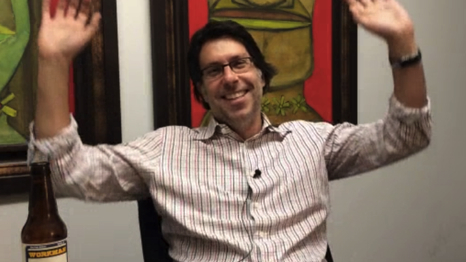For Boston-based Smarterer, life after its acquisition by Pluralsight is not only quite good, but very productive. On Thursday, the company announced that it will be opening up its API so that other websites can use Smarterer’s multiple choice skill tests for free.
Smarterer offers crowdsourced assessments that can quickly gauge someone’s skills in areas that don’t often have standard tests — such as HTML5, WordPress, AutoCAD, MailChimp, Twitter development, Photoshop, and hundreds of others — and also offers a way to prove proficiency for hard-to-qualify skills. Many of the company’s tests can prove how well someone knows a skill in as little as two minutes and with only 10 questions.
Smarterer used to charge organizations to use this tool, but the move to open up its API is meant to improve the overall test-taking experience since the company constantly updates its online exams based on the performance of those who take its tests. Now, website developers can use the API to embed tests directly on their sites, pull scores, and create leaderboards and profiles based on test performance.
“We used to charge significant amounts for access to the API, but we decided to open this up so that we can drive more scale and get more people assessed,” said Smarterer chief executive Dave Balter.
Balter said that access to the API would be most appealing to the two industries that have already been using the tests and paying for access. One industry is applicant tracking systems for the freelancer market and job candidate marketplaces like eLance, which was already one of the companies biggest API partners. Companies in the e-Learning space, like Smarterer’s parent company Pluralsight, also stand to benefit. With tests embedded right on websites that both teach online courses and try to assess how well students are doing, Smarterer makes it possible to show the progress of a student’s learning.
Eventually, the goal is to have Smarterer be the source for what Balter called the “one credential,” an single industry standard that proves proficiency in any skill. “The more we can get people to take a test, the better and more accurate it becomes,” said Balter. “The one barrier to creating the one credential has been charging people.
From: betaboston.com








Leave a Reply
You must be logged in to post a comment.